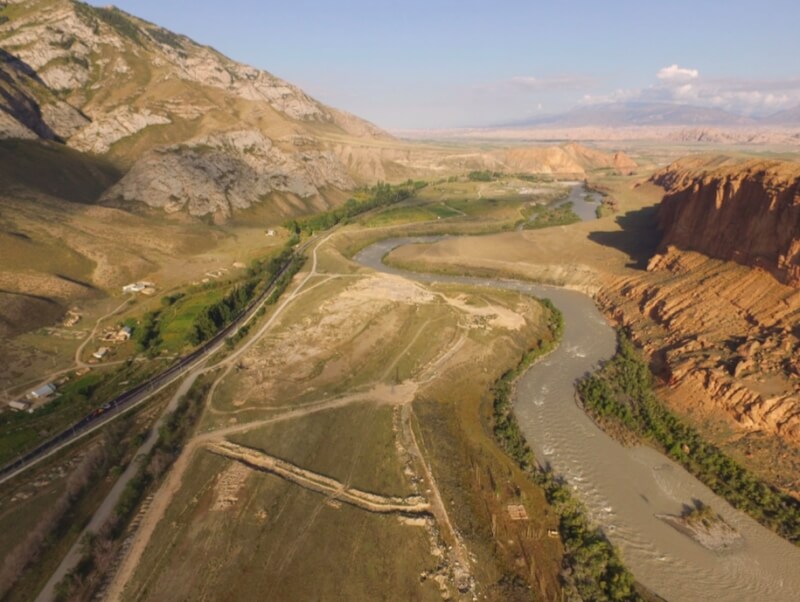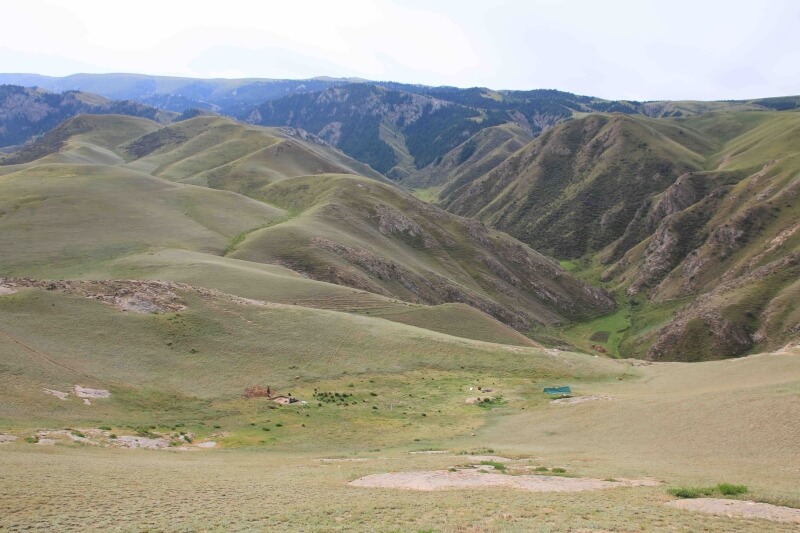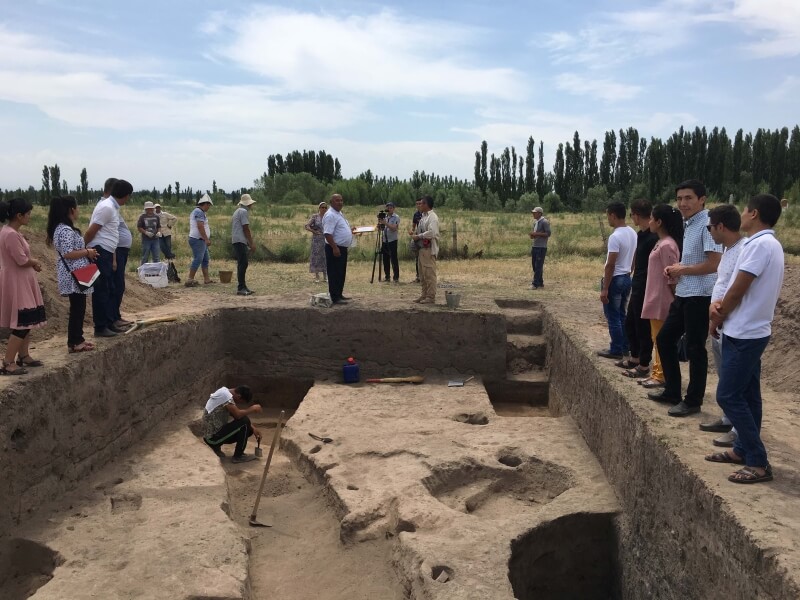Shogo Kume
Affiliation: Project Academic Specialist, The University Museum, The University of Tokyo
Job Class: Visiting Fellow
Specialty: Central Asian Archaeology, Near Eastern Archaeology
Research Topic
My research focuses on the emergence of agropastoralism in the mountainous and foothill zone of Kyrgyzstan and Uzbekistan. My current field projects include Mol Bulak, a nomadic campsite in the Tien Shan mountains in Kyrgyzstan and a large sedentary village of Dalverzin in the Fergana Valley in Uzbekistan, focusing on the transition to food producing economy in the 2nd Millennium BC in the regions from the viewpoints of environmental adaptation, cultural exchange, and human migration.
Before Central Asia, my fieldwork was based in the Near East, concentrated on the study of developments of agropastoralism during the 8th-7th Millennium BC at Tell Seker al-Aheimar in northeastern Syria and origins of tribal communities during the 3rd Millennium BC at Tell Ghanem al-‘Ali in north Syria.
Selected Publications
- Kume, S., Y. Miyata, A. Fujisawa, S. Arai, K. Raximov, H. Hosimov and B. Matbabaev 2024. The Formation of the Proto-Silk Roads:The Fourth Season of Excavations at Dalverzin, Uzbekistan (2023). In Japanese Society for West Asian Archaeology (ed.), Proceedings of the 31st Annual Meeting of Excavations in West Asia., pp. 164-168. Tsukuba, Japanese Society for West Asian Archaeology (in Japanese).
- Kume, S. 2023. Agriculture in the Steppe. In H. Komatsu et al. (eds.), Cultural Encyclopedia of Central Eurasia. pp. 232-233. Tokyo, Maruzen Publishing (in Japanese).



